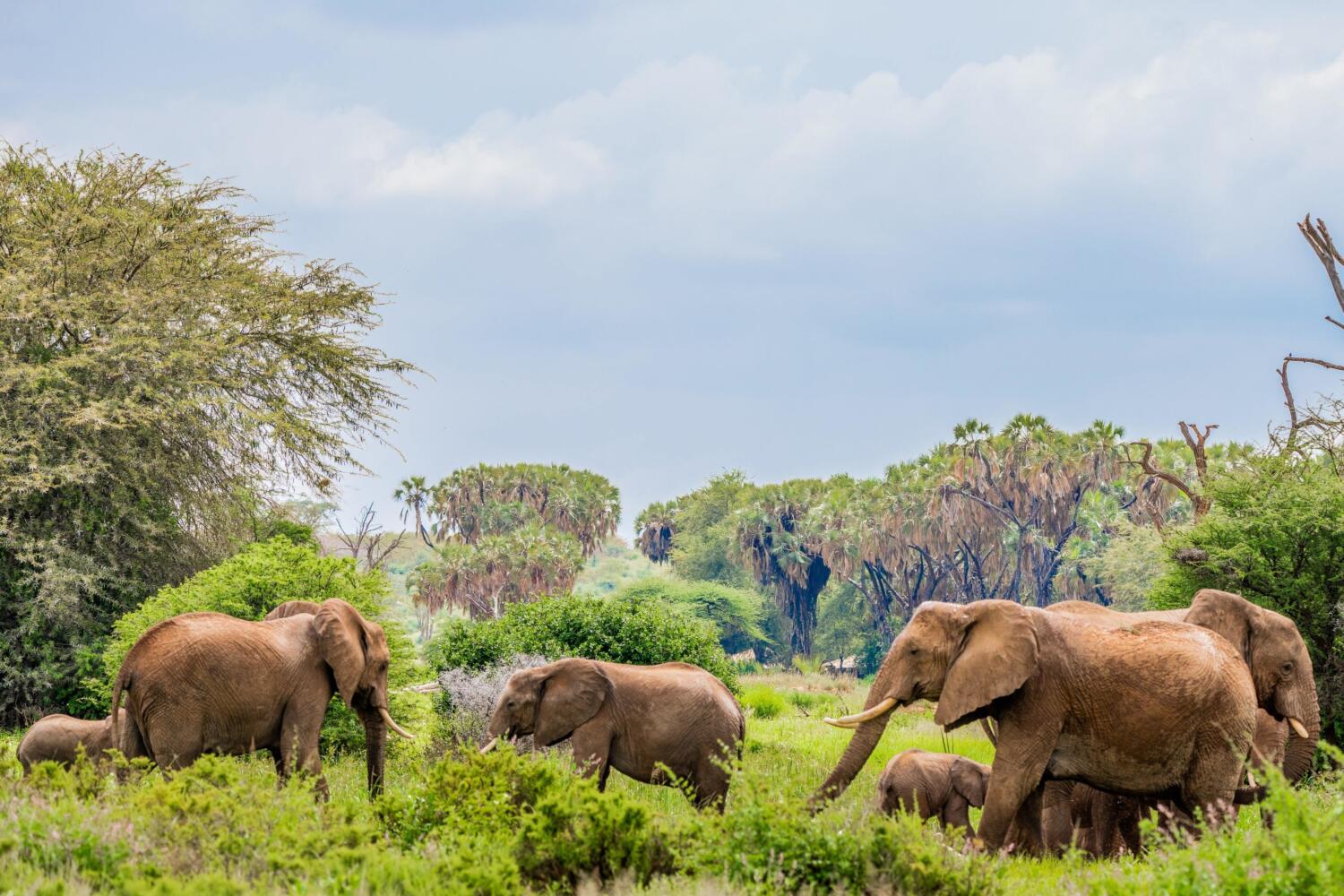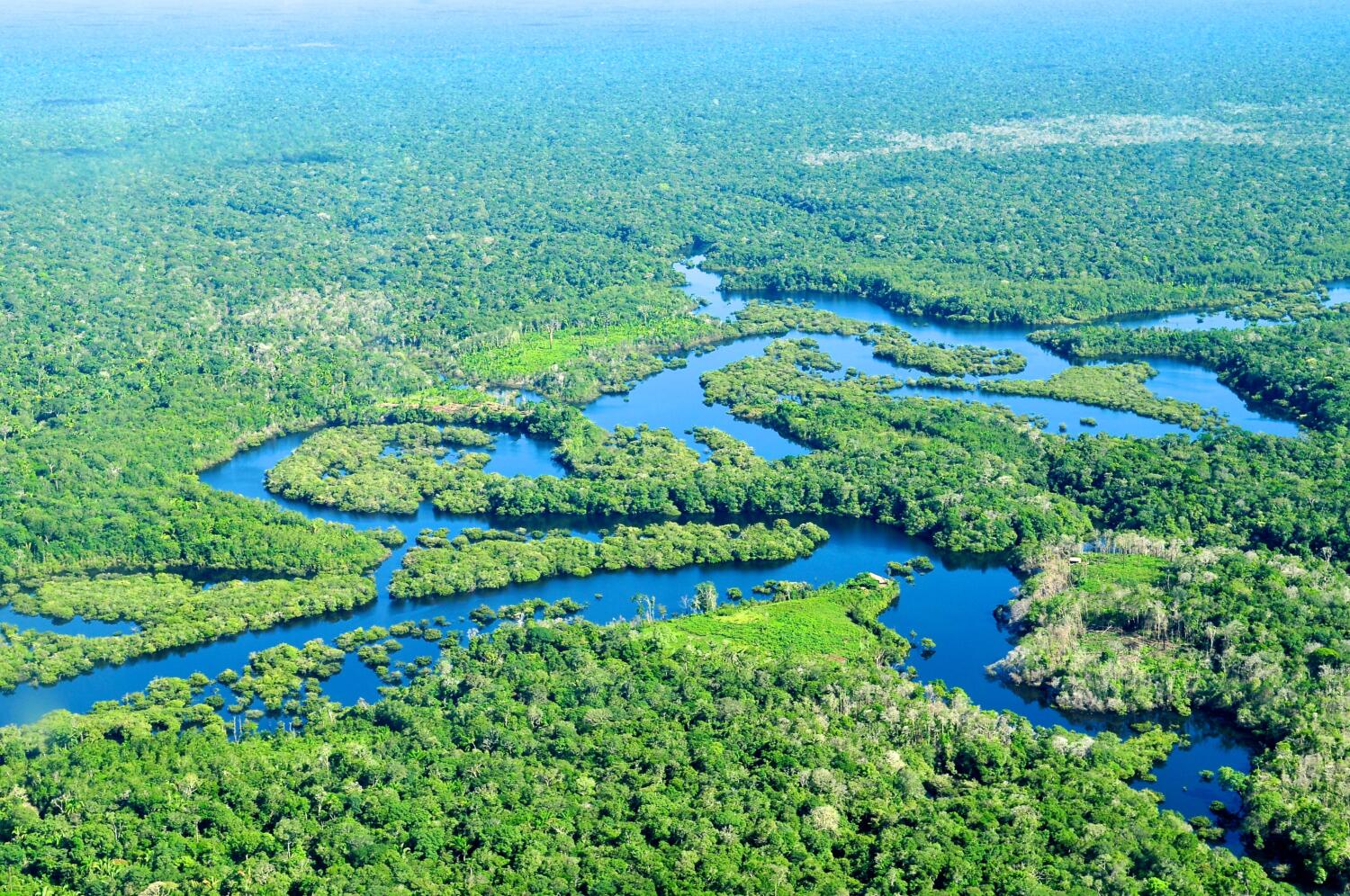
Eden Havel | Head Editor & Newsroom Manager
15 October 2023
As our world becomes increasingly environmentally conscious, global awareness of the impacts of human activities can contribute to many anxieties regarding the future. However, just as our understanding increases so do the efforts to mend the damage done to our planet. With the advancement of technology, access to education, and universal emphasis on preservation, the future truly does hold an abundance of hope for both our world and those who live inside it.
“Even though I worry about our oceans, I think that there’s a lot of people even at our school alone that want to make a difference,” junior Keli Zimermann said. “It only takes little actions every day like reusing plastic items or recycling or using a compost bin for foods. We don’t realize how big our impact can be.”
- Japan has added $1.1 billion to the UN Climate Fund
As the UN seeks to top the $10 billion it had raised for its climate project within the last three years, Japan has become one of its highest contributors. Along with Germany, Britain, and France, Japan’s money will go to providing for vulnerable countries combatting the effects of climate change.
- Arizona Highways Overhaul
After a particularly hot summer, the U.S. Bipartisan Infrastructure Law has provided the state of Arizona with $1 billion in funding from the Federal-Aid Highway Appointments. Not only does this offer an electric vehicle network with new infrastructure for highways and bridges, but also climate mitigation and resilience programs.
- “The transition to clean energy is happening now…much faster than we expected”
The 1.5º global temperature goal is not only in reach, but the IEA estimates that it will be achieved by 2030. This is incredibly amazing news provided by the International Energy Agency, as 1.5º will ensure that we keep our polar ice caps, farmland, and future in general. With a reputation for accuracy, reports from the IEA are often adopted by policymakers, ensuring that the goals for a green future are achieved at a faster rate than ever. With exponential increases in innovation, entrepreneurship, and education, these goals are being met at shockingly rapid paces giving experts immense optimism as to the future of our world.
- Beanless Coffee: A Gamechanger
Seattle, Washington—the home of Starbucks—is now home to an experimental new superfood: beanless coffee. Offering the same delights that coffee does on a daily basis (caffeine, warmth, and flavor) this new drink is likely to slash emissions and water usage by 94%. This new innovation, Atomo Coffee, has been invested with $51.6 million and may just change the world.
- England bans single-use plastic
Polystyrene and plastic cups will no longer be offered at office parties across England. And with this new law banning the powerfully harmful single-use plastic, it’s likely that many will follow in England’s footsteps, leading to a safe, recyclable future.

- AI Tree Huggers
Brazil is home to the Amazon rainforest, where increased rates of deforestation have terrorized the trees and communities for the past 25 years. However, new technologies, including small AI boxes, may become the superheroes that end deforestation altogether. These weapons against deforestation can detect the sounds of chainsaws and any other dangerous invaders that threaten the lives of these trees.
- AI Saves Animals
Humans aren’t the only ones passionate about animal welfare. As countries like Germany and France have banned the culling of male chicks in the egg industry, hatcheries use in-ovo sexing to detect the sex of the chick before it’s born with AI technology. This is a major necessary step in the animal welfare movement, with AI right on our side.
- Once-Extinct Tree Reappears After 200 Years
An “incredible and surprising” find in Brazil this September was the Pernumbuco holly, a tree that has been thought to be extinct for 200 years. An expedition in Igarassu spent six days in desperate hopes of detecting this tree, only to confirm that nature tends to surprise us.
- Sponsor an Ocean
Niue, a tiny Pacific island, is responsible for the incredible novel conservation plan that will preserve the beautiful oceans and waters. By sponsoring a body of water, companies or individuals can ban fishing, waste, and any other illegal activity from occurring in that region. This will save countless species of wildlife and doesn’t look bad on the sponsors themselves either.
- Re-Wild the Rhinos
After global panic over the future of the species of the rhino, a South African NGO plans to repopulate the planet with 2,000 white rhinos from the world’s largest breeding facility. To ensure success with this project and a future filled with rhinos, the project will dedicate the next decade to spreading the species across the planet, protecting them, and educating others about this beautiful animal.
- What’s for Dinner? Greenhouse Gas.
Earth is truly abundant. A recent discovery of sponge-like “nanomaterials” may have been designed just to fight climate change by absorbing carbon dioxide. After being donated with $750,000, California State University, Los Angeles has partnered with Ames National Research to “capture” carbon dioxide to test on these small materials that can be held in your hand. Chemistry professor, Yangyang Liu says that just a spoonful size of these materials is enough to capture CO2 the size of a “football field.” This news also comes hand-in-hand with the invention of a small robotic fish designed to eat plastic.
“We are gaining momentum so rapidly that I’m convinced we will soon be gaining on the crisis itself.” Al Gore has recently been awarded the Nobel Peace Prize for his efforts in environmental activism. This incredibly short list of good news is just a glimpse of the many wonderful developments that have occurred since only August of 2023, as the past three years have seen tremendous progress from humans, animals, and plants alike fighting for our Earth.
“Sometimes I feel anxious because I worry that not enough people care about the planet or think about it,” says sophomore Jenna Melankoff. “But there are so many people who are good and want to make a good change, and I think the more people that care it will inspire more and more.”
Some resources to stay updated on the good news:

Leave a Reply